The brain - we need it and use it on a daily basis, but are we taking care of it? The brain is one of the largest and most complex organs in the human body. Did you know the brain is made up of more than 100 billion nerves that communicate in trillions of connections called synapses? So many basic functions are controlled by the brain including the very important daily action of breathing and sleeping.
I always tell my patients that the brain and gastro intestinal system are connected, especially for those clients suffering from depression, exhaustion, anxiety, ADD and so on. If you have inflammation or an overgrowth of yeast or bacteria in the gut, it can send signals to your brain and if your brain is not supported it can impact your gut. The very stress we all face daily, be it emotional, physical, chemical or environmental are disturbances that then trigger your brain to send signals to your gut. Do you ever think about something stressful and suddenly have to go to the toilet? Yes, it's far too common and a natural reaction. This is one reason I ask clients about their stress levels early on in the consultation and give them a stress test to see if stress is impacting their body and to what degree. It is imperative to consider the role of the different stressors in order to address and soothe the distressed gut.
One of the MOST PROMINENT SYMPTOMS I hear clients share with me is 'brain fog'. You see stress depletes important nutrients from our body like magnesium, calcium and B Vitamins to name a few. It also changes the bacteria balance in our GI tracts which can create a breeding ground for bacteria or yeast. If an overgrowth occurs it can inhibit the body from absorbing nutrients properly from food, and the brain relies on a steady stream of vitamins and minerals, amino acids, glucose and essential fatty acids to function properly. Getting enough rest and plenty of oxygen to the brain is vital too.
Not getting enough sleep can also contribute to brain fog. Everyone is different but we need about seven to nine hours, for the brain to function properly. By maintaining a natural rhythm of exposure to sunlight and then keeping it dark towards bedtime, you can set what's known as your 'circadium rhythms'. This helps keep you in a cyclic pattern so the body runs smoothly.
Inflammation can be what causes brain fog and that can be from a number of factors. Food intolerances are one of them. We can be intolerant to any food out there and not necessarily present with symptoms, such as gas, bloating, constipation, diarrhea, stomach pain, etc. That's why I suggest people get tested to discover if there are any foods their body doesn't break down properly. Too much sugar, caffeine, alcohol, processed foods and medication can also cause inflammation to the gut and impact brain health. Research also shows that the peptides in gluten containing foods are not digestible by everyone and if you're experiencing ongoing gut issues or neurological symptoms, it can be one food group to cut out of your diet. Dairy can be another common food sensitivity due to the inability to break down the lactose, casein and whey.
So, eat to support your brain with fresh fruit, vegetables, lean unprocessed meats and healthy fats such as avocado, nuts, seeds and oily fish. Don't forget your brain loves antioxidants too such as blueberries, blackberries, strawberries, cranberries and pomegranate. A few of my other favourite brain foods are: bone broth, broccoli, coconut oil, extra virgin olive oil, dark chocolate, salmon, leafy greens, walnuts and turmeric. If you don't like fish I suggest you supplement daily with a clean good quality fish oil. A few favourites of mine are: Nordic Naturals and Ethical Nutrients. And, don't forget to get moving! Exercise increases oxygen in your blood and circulation which helps focus and concentration.
If you have any questions or would like to chat about a possible consultation, then do get in touch.


